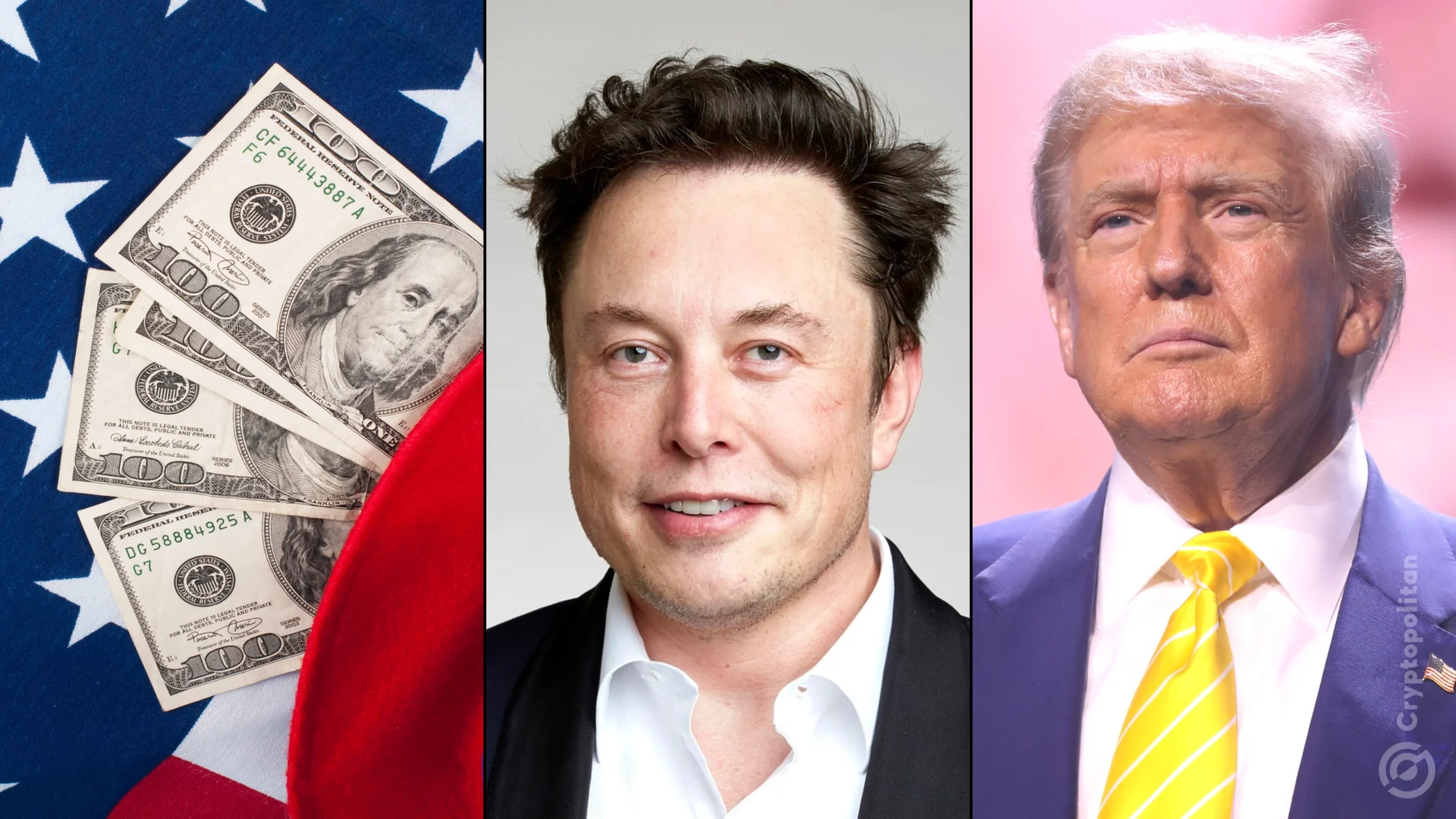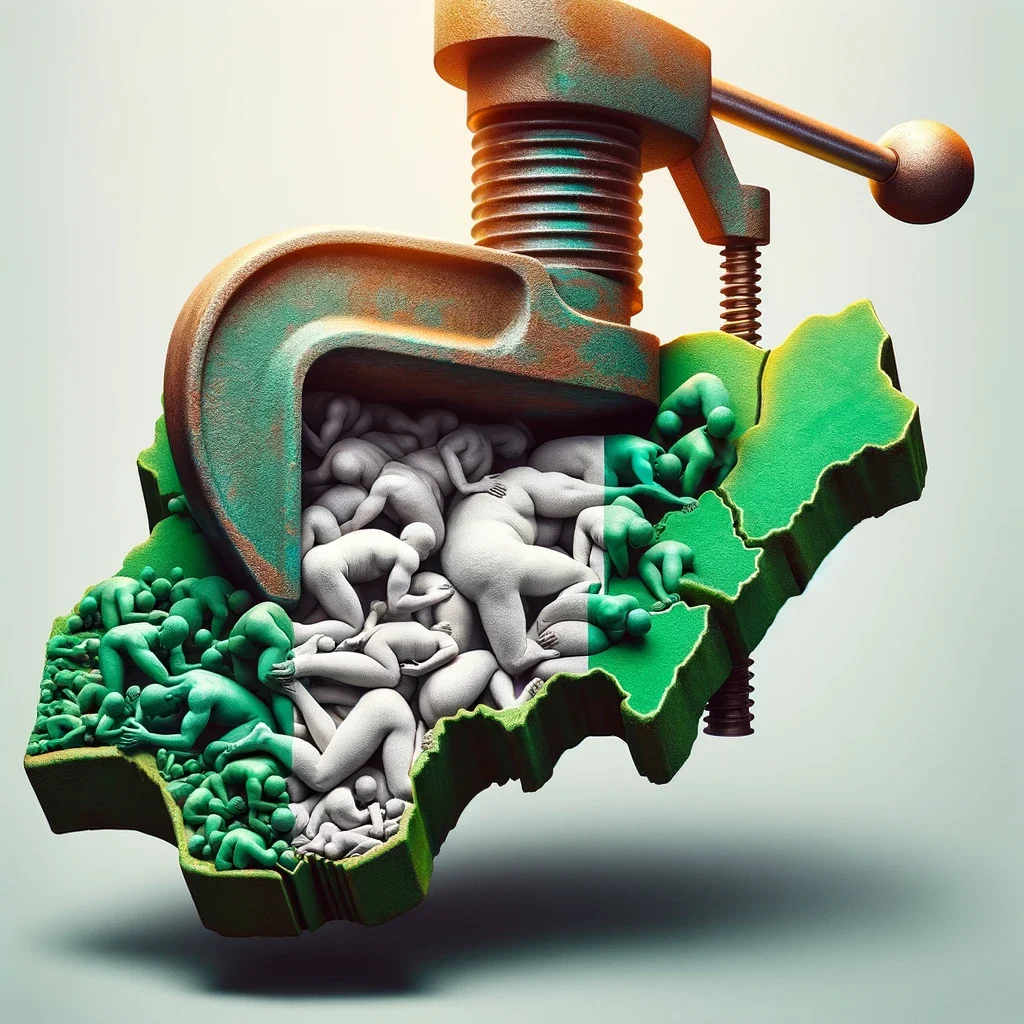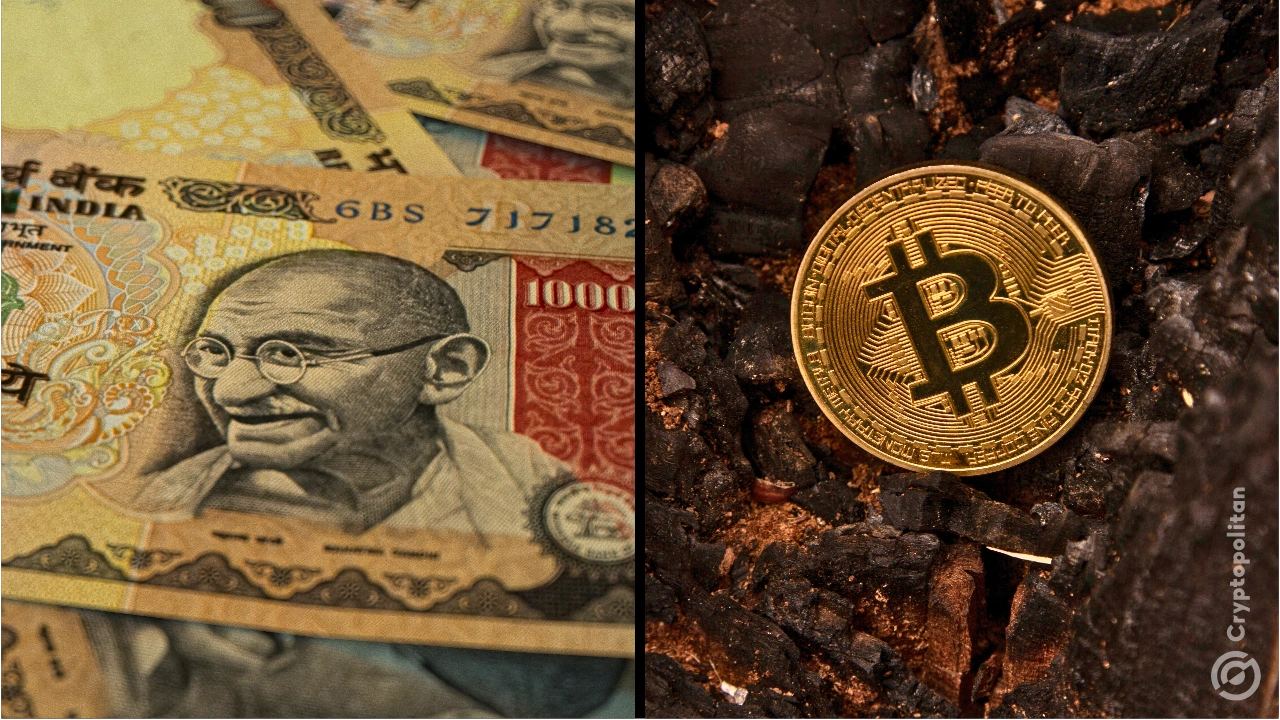Tesla’s Elon Musk and other Trump allies are acknowledging what economists have been saying about Donald Trump’s economic plans: his tariffs will make things expensive for consumers.
Musk, a strong Trump supporter, agreed with an X post warning that Trump’s proposed tariffs could lead to a “severe overreaction in the economy” and cause “markets to tumble” before possibly stabilizing. His response was a simple “Sounds about right.”
But Trump’s team insists these impacts would only be temporary. For them, the potential benefits of the tariffs, in their view, are worth the upfront costs.
Tariffs set to increase consumer prices on imports
The “Trump sales tax” (a term coined by Vice President Kamala Harris) highlights how tariffs would affect consumers’ wallets. Harris has pointed out that Trump’s tariffs would mean higher prices for everyone.
Howard Lutnick, CEO of Cantor Fitzgerald and a co-chair for the Trump-Vance 2025 transition team, all agree with Musk.
In a CNBC interview, Lutnick said that tariffs would increase the price of imported goods. “Correct: If I raise the tariff on just this particular idiosyncratic product, yes, right, it will be more expensive.”
But he did acknowledge a key flaw in this strategy. If an item isn’t produced domestically, there’s no alternative but to pay more.
Trump’s running mate, Senator JD Vance, has the same perspective. According to him, any pain consumers feel at the register could be offset by potential wage gains, even arguing that, in the end, “you’re ultimately much better off.” He has consistently pushed the idea that these short-term sacrifices would lead to long-term benefits.
Trump’s tariffs could hit key U.S. sectors
Not everyone buys into the “temporary pain” theory. Harris has hammered this point home in key battleground states, specifically in Michigan, where she discussed the effects of Trump’s tariff strategy on the manufacturing sector.
During a visit to Hemlock Semiconductor in Saginaw County, Harris warned voters about Trump’s economic record. She cited his administration’s sale of advanced chips to China, a move she claims only fueled China’s military ambitions and goes against America’s own security interests.
The Biden administration, in contrast, has poured billions into semiconductor manufacturing within the U.S. through initiatives like the CHIPS and Science Act.
The Hemlock Semiconductor facility, which received a $325 million boost, was one of several such investments aimed at cutting dependency on foreign producers. Harris emphasized that domestic growth and security are priorities, pointing out that “Trump has criticized” these steps.
Polling also suggests that Trump’s economic proposals aren’t entirely resonating with everyone. While the October All-America Economic Survey shows that Trump holds a slim lead over Harris on economic matters (46% in favor of Trump vs. 38% for Harris) the lead is not massive.
Battleground state polling shows a similar 8-point edge for Trump, reflecting some of the public’s mixed reactions to his policies.
The economic effect and the dollar’s strength
Economists have been watching the 10-year U.S. Treasury yield, which has climbed in sync with Trump’s increasing odds in the prediction markets. Higher odds for a Trump win seem to correlate with rising U.S. Treasury yields.
The link? A general belief that Trump’s presidency would bring bigger deficits, potentially stirring inflation, which then drives up interest rates. These larger deficits could force the Federal Reserve into tighter monetary policies, a move that generally pressures the dollar upwards.
The irony is, Trump’s tariffs are meant to help American industries compete, but the stronger dollar from these policies would make U.S. exports pricier. Trump’s own economic circle reflects this paradox.
Robert Lighthizer, a Trump advisor, is known to back a weaker dollar, while others, like Scott Bessent, have suggested that Trump’s tariff threats are really just negotiation tactics to achieve that.
With a stronger dollar, American exports face a tougher battle globally, as foreign buyers would find American goods more costly. The upside for Trump’s supporters is the potential boost for American-made products in domestic markets.
Joseph Wang, an economist, called this a “self-reinforcing situation” that could tighten global financial conditions until other countries opt to cut their rates. This scenario could further strengthen the dollar, Wang claims, in a cycle that could only break when global buyers refuse to keep financing U.S. deficits.
Investors see the U.S. dollar as a haven because it’s backed by an open and liquid debt market, making it resilient even amid higher deficits.





